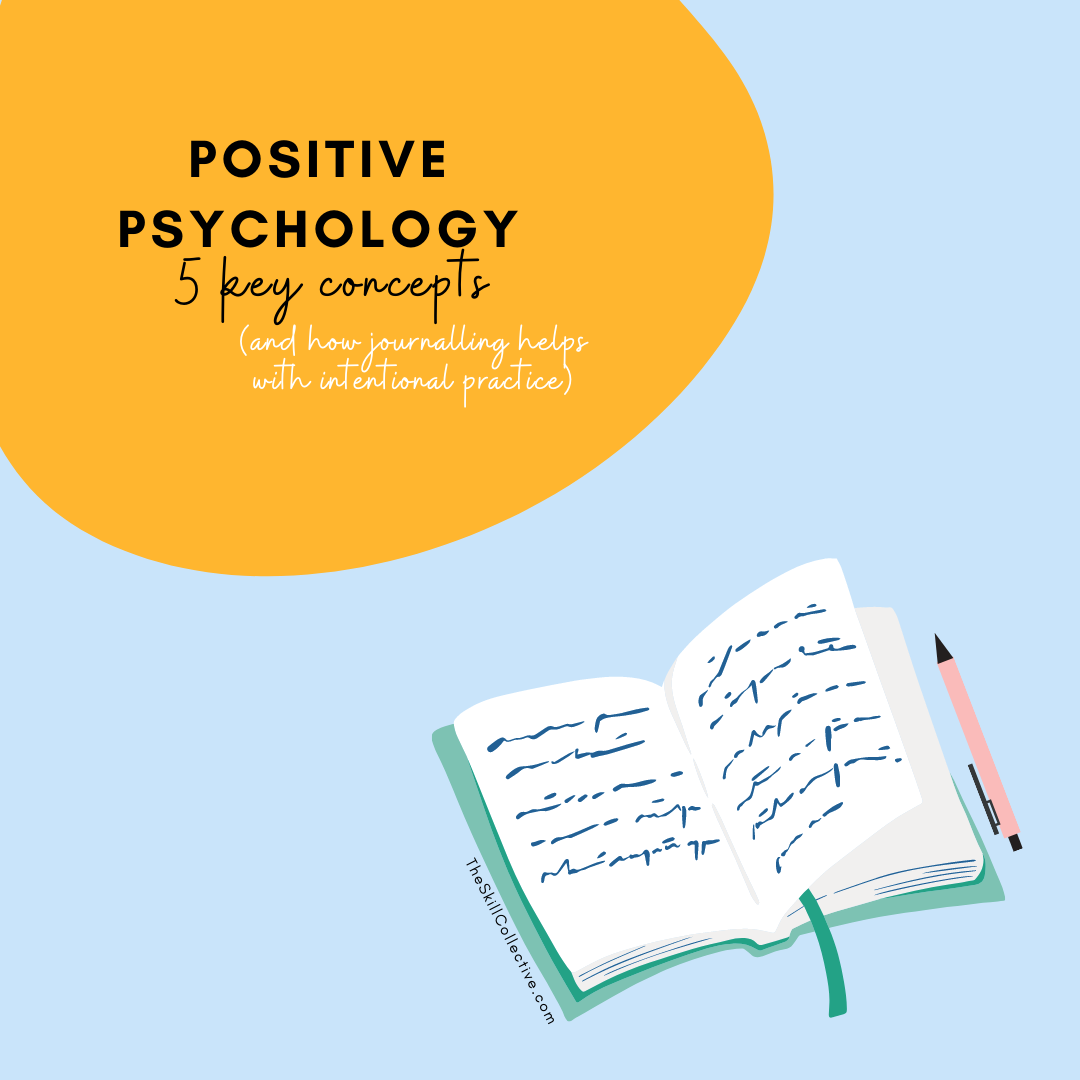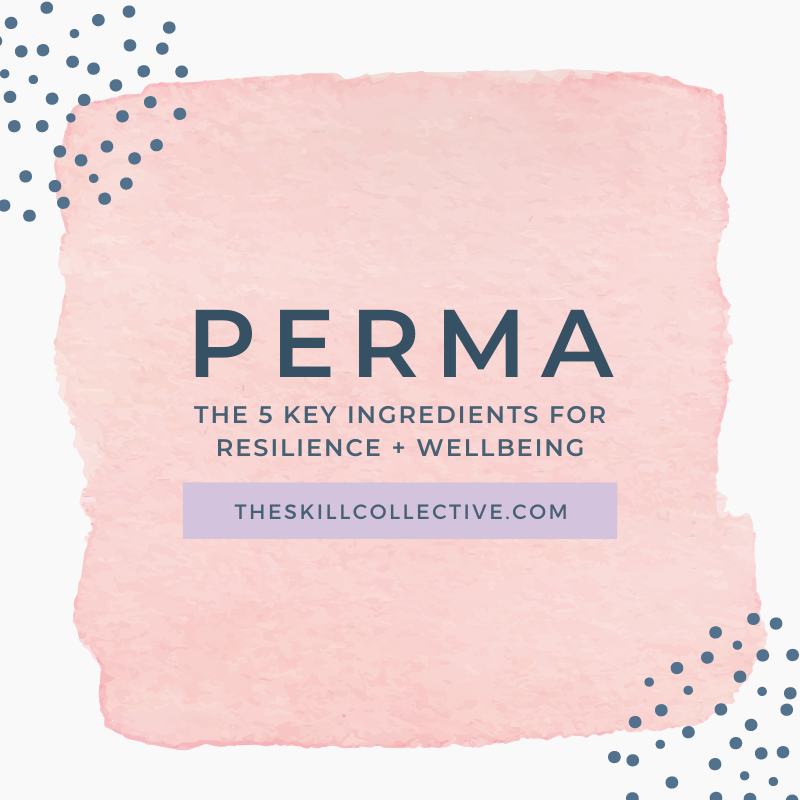PLAYING TO YOUR STRENGTHS: VIA CHARACTER STRENGTHS + VIRTUES
By Annie Malcom
This month we've focused on all things positive psychology, first looking at the PERMA model and then looking at the 3 Types of Happiness. These models come from the work of Martin Seligman and colleagues, who look at psychology not merely from a place of fixing what is wrong to bounce back from a deficit in wellbeing (as has been the case with 'traditional' conceptualisations of mental health and wellbeing) but instead looking at what can help people really take off and thrive in their environments.
To aid in this process Seligman, together with his colleague Christopher Petersen, developed the Values in Action (VIA) Character Strengths and Virtues [1], which is intended as the positive counterpart to the Diagnostic and Statistical Manual of Mental Disorders [2] from which clinicians categorise mental illnesses (we've previously blogged about the DSM and diagnostic criteria for mental disorders in relation to Depression, and Bipolar Disorder).
Rather, the VIA Character Strengths and Virtues sets explicit criteria for character strengths and scientific assessment, assisting in the search for what is best for growth, happiness, and wellbeing. There are six overarching Virtues (Wisdom and knowledge, Courage, Humanity, Justice, Temperance, and Transcendence) with 24 Character strengths. To understand how these fit together we've put together a quick reference guide below, and read on to find out simple ways to use these Character Strengths and Virtues to enhance your wellbeing.
Applying Character Strengths in your Life
1. Arm yourself with knowledge. Take the VIA Strengths Survey here to get a picture of where your strengths lie.
2. Once you have a picture of your strengths look at the various areas of your life (work, relationships, studies, spirituality) and identify where some of these strengths are already part of your life. For example, if several of the character strengths under the virtue of Wisdom + Knowledge really shine for you, it may be the case that you've been drawn to a job that taps these strengths. Where the strengths align with the various areas of your life, learn to nurture these and to build on them.
3. Where your character strengths do not align with the various areas of your life, consider how you can start to derive it from other areas of your life. An excellent discussion with detailed suggestions as to how this may be achieved can be found here. We strongly encourage you to take a closer look as some of the ideas in the list may be easily incorporated into our daily lives.
4. Approach the process of using your character strengths not as a 'set and forget' exercise. Instead, view it as a lifelong process that will help you gain greater satisfaction, meaning, and purpose.
Want more? You can connect with The Skill Collective in the following ways:
- Contact us to make an individual appointment to get started on making changes.
- Get access to our FREE resource library filled with exclusive tip-sheets on Wellbeing, Mental Health, and Performance that you won't find here on the blog
- Join our FREE 14-day Wellbeing Challenge. Tailored for busy lives we're talking wellbeing tips for better body, mind, and heart in just 15 minutes a day, delivered straight to your inbox.
REFERENCES
[1] Peterson, C., & Seligman, M.E.P. (2004). Character strengths and virtues: A handbook and classification. New York: Oxford University Press and Washington, DC: American Psychological Association.
[2] American Psychiatric Association. (2013). Diagnostic and statistical manual of mental disorders (5th ed.). Washington, DC: American Psychiatric Association.







How can you counter the winter blues? Check out our tips on how to boost your wellbeing during the colder months.